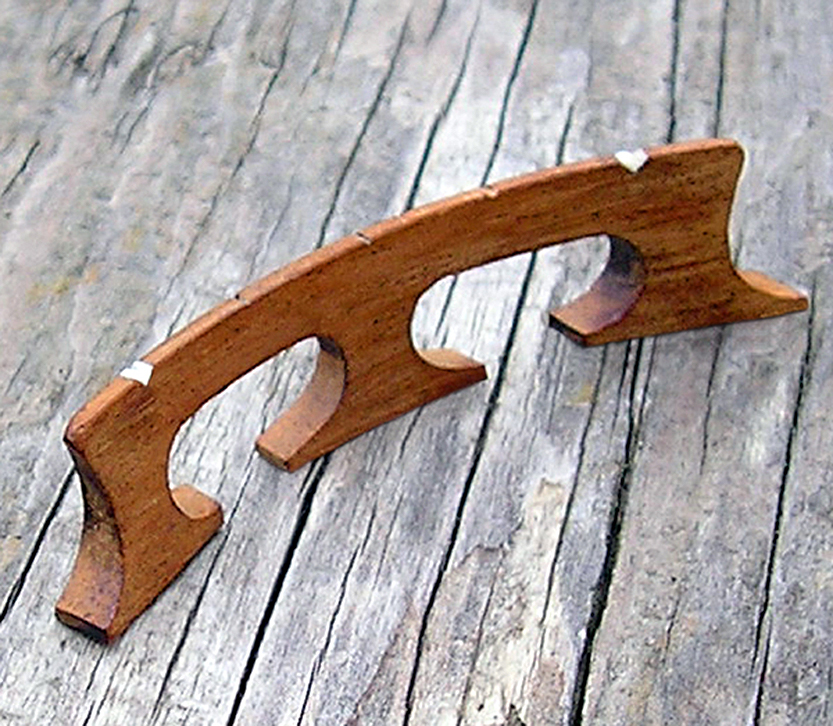Might as well get this out of the way early. You know banjo nerds can't talk about gear for very long before the subject of compensated bridges comes up.
I love the heck out of my custom Ome Jubilee open-back banjo, but the intonation of the 3rd string goes noticeably sharp by the 4th fret when using the straight bridge. I've tried setting intonation by the 1st and 4th strings, as well as the 1st and 3rd strings, and I just can't find a happy medium. So I'm likely going to try out a moon bridge and see if it does the trick.
So who are your favorite or recommended moon bridge makers? And what advice would you give, in terms of the best type for an open-back banjo played clawhammer style?










 Reply With Quote
Reply With Quote


Bookmarks